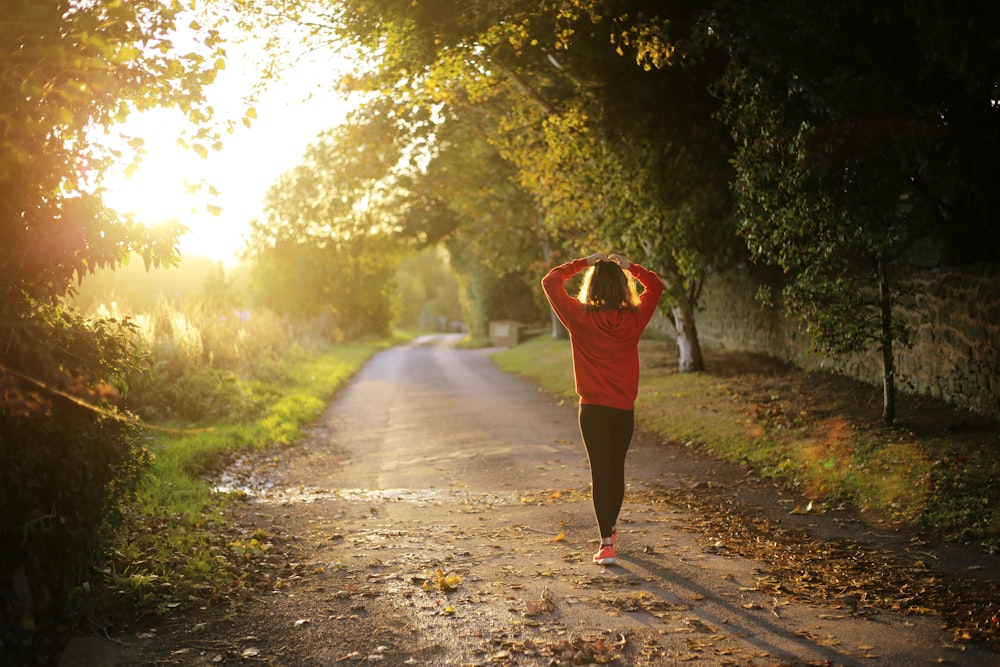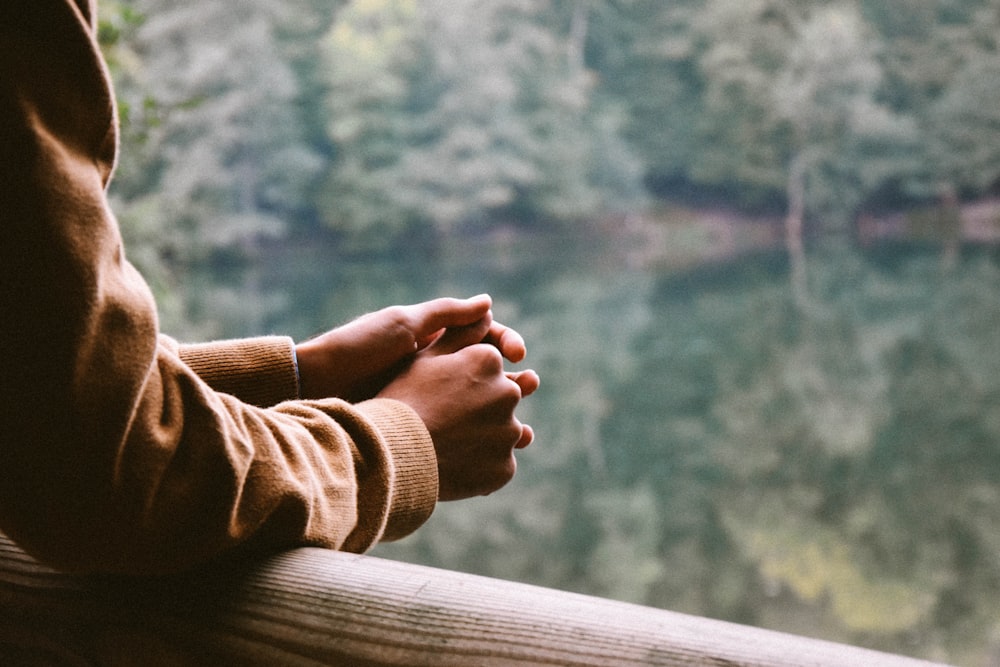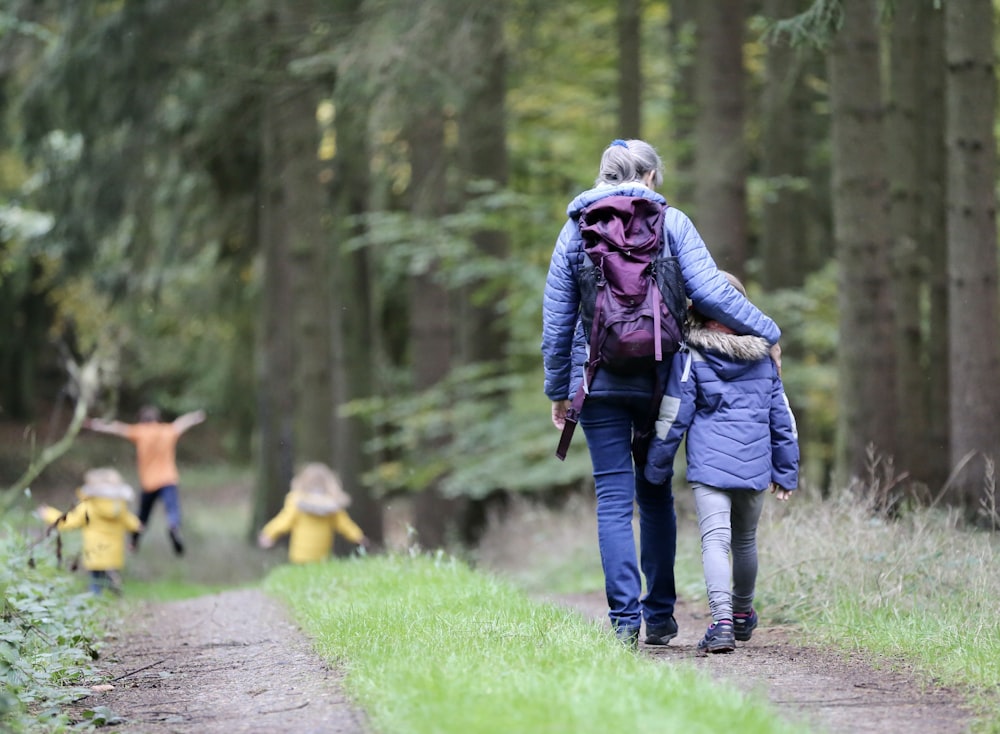Here at Winfields Outdoors, we want to do contribute to the conversation on mental health. We feel as though it's more important than ever to break the stigma around this topic, allowing for more people to talk openly about their own mental health without fear or shame.
As part of our ongoing Winfields Outdoors Walk & Talk campaign, in which we're encouraging people to get outside and enjoy the great outdoors to boost their mental health, we've spoken with Richard Colwill from mental health charity SANE.
Richard Colwill interview
We interviewed Richard to find out what he had to say about the mental health challenges we face in today's society and how getting outdoors more can help.
What do you think is having the greatest impact on our mental health?
Stressful and traumatic experiences, such as relationship breakdown, redundancy, money problems, or difficult childhood experiences can all contribute to mental ill-health. We're also still learning about the biological and genetic factors that contribute to serious mental illnesses such as depression and schizophrenia.
There are other contemporary factors that are giving cause for concern, such as the prevalence of social media and what its impact might be, particularly for younger people. We are still trying to establish how best to use this new technology but it seems increasingly likely that overuse may be creating problems.

How can being active and getting outdoors have an impact on our mental health?
There is an abundance of evidence linking moderate, regular exercise, such as going for a brisk half-hour walk, with improved mental health. Research has shown that it can be as effective for depression as antidepressants or psychological therapies such as CBT.
It can be particularly beneficial if you share outdoor activities with other people, as companionship is important to our sense of wellbeing.
The reason for this is that it appears that exercise affects certain chemicals in your brain that help us to regulate mood and thinking, and can also help you to cope with stress. It is likely that our bodies have evolved for physical activity, and a lack of exercise can lead to less robust mental and physical health.

What are some of the most surprising things you've found in the research you've conducted?
One thing that comes across clearly in almost all of the research we have conducted, and from the many people who contact us, is the sense of loneliness and isolation that almost everybody affected by mental illness will at some point feel.
We have also become increasingly concerned about the mental health of the younger generation, and the increases in the scale and severity of self-harm among this group. Young girls in particular appear to be suffering from greater levels of depression and anxiety.

Why do you think some people are still reluctant to talk about mental health?
Many people who have experienced mental illness describe the stigma that comes with it as being as bad, or worse, than the condition itself. Again, this can contribute to a sense of isolation, discouraging people from speaking out and seeking help when they need it.
People with mental health problems can often feel a sense of shame, and this can also prevent them from seeking out help, or even talking to those closest to them about their problems. The danger is that if left untreated, mental illness can become entrenched and more difficult to treat successfully.

Most focus on the impact that mental health has on adults. Do you think we need to be more aware of our children's mental health as well?
Yes. Some research suggests that as much as half of all mental health problems are established by the age of 14, and 75 per cent by the age of 24. We also know that early intervention greatly improves a person’s outcome.
It is vital that greater focus is placed on supporting young people’s mental health, through better prevention as well as providing good quality and timely services for those who do become unwell.
Yet children’s mental health services in many parts of the country are desperately overstretched, and it is a scandal how many young people are unable to access specialist help when they are in crisis.

Can you tell us about Team SANE and the SANE community and how people can get involved?
We want people to feel part of a community as we work together to address the complexities of mental ill-health, including stigma, exclusion and isolation, as well as the daily challenges of living with mental illness. To do this, we provide platforms for peer-to-peer support and the exchange of ideas and guidance.
People can get involved in the SANE Community by becoming members of our free online Support Forum; writing blogs on their experiences, thoughts and opinions; sharing their mental health-inspired art, music and videos; and joining our conversations on social media channels.
A huge thanks to Richard & SANE for their time - find out more about our Walk & Talk campaign.
SANE
SANE is a mental health charity that is dedicated to providing emotional support to anyone affected and/or living with mental health problems. Their services are confidential and can include families, friends, carers and/or individual support. In other words, they are here to help people and make a difference.
SANE has worked tirelessly to improve the mental health services that are available and tackle the stigma around mental health through its campaign work.
They're also dedicated to raising awareness of all mental health conditions, helping to normalise the conversation around mental health. If you feel as though you need help, don't hesitate to reach out to SANE. See below for quick links that'll take you directly to their website.






